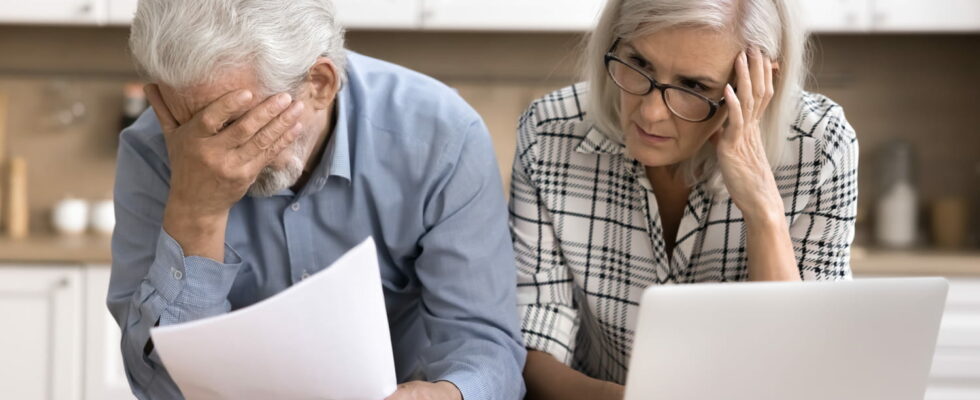An unpleasant surprise is likely to affect many seniors in the weeks to come.
This is a reality experienced by most retirees. The end of a professional career coincides with a drop in income and an increase in certain bills. The pension is lower than the salary and, among the main expenses, the monthly cost of mutual insurance is soaring. Enough to reduce purchasing power. But that’s not all. At a certain age, more health problems also appear, with, for some, an increased risk of dependence.
To the point, for some, of having to integrate an accommodation establishment for dependent elderly people, better known by the acronym EHPAD. These organizations, which provide 100% care to residents, have a significant cost. However, the government has just authorized a 35% price increase in some of these structures.
Nursing homes are divided into three categories: private for-profit ones (Korian, Emeis ex-Orpea, etc.), private non-profit ones (Mutualité Française, Arpavie, Vyv, etc.) and public ones, also non-profit. The former are free to set their prices. The others, on the other hand, must respect certain rules, especially since they represent 78% of the total residents (public and private combined). Until then, it was the departments which set the prices of non-profit establishments. But faced with the deficit of these structures, a new law has just been adopted.
In public or private non-profit nursing homes, there are now, since 1er January, two types of residents: those benefiting from Social Housing Assistance (ASH) and the others. For the former, prices cannot soar. For the other, however, it’s a different story. The government has authorized these structures to increase by 35% the prices applied to people who do not receive ASH.
Generally, according to a statement that Linternaute.com has carried out, the daily rate is around €65. It could therefore rise to €87.75 for people who are not eligible for this aid. Those who are are those whose monthly income does not cover the minimum fees applied by the nursing home.
Residents whose pensions are between 1,800 and 2,200 euros per month will be the most penalized in the event of an increase, according to Jean-Philippe Vinquant, president of the High Council for Family, Childhood and Age, as he entrusted it to World.
However, this is not an obligation but a possibility offered to establishments, in order to balance their accounts. Furthermore, it can only apply to new residents. Nationally, 75% of nursing home residents do not receive ASH.

